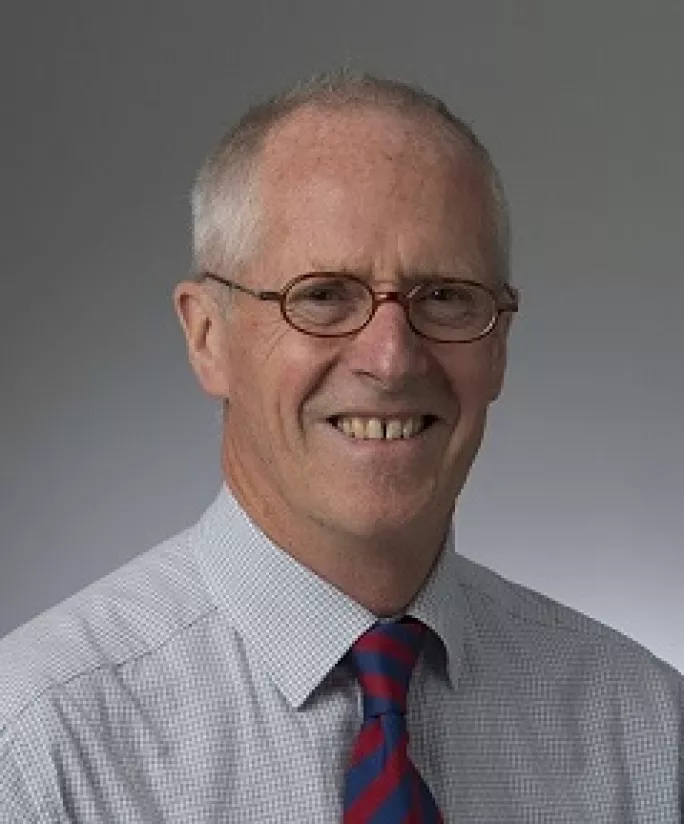‘Teachers will be forced to conclude that practical work is no longer to be taken seriously’
Sir John Holman, emeritus professor of chemistry at the University of York and adviser to the Gatsby Foundation and the Wellcome Trust on education, writes:
Not long ago, I was talking with my first-year chemistry undergraduates about practical work in chemistry when a student confessed to me in an embarrassed way: “I only did two pieces of practical work in the whole two years of my A-level course, and they were controlled assessments.”
Other students confirmed that she was not alone in doing so little practical chemistry.
Practical experimental work is the essence of science. It gives first-hand insights to the physical and natural world and it helps students to learn theory. Skills of observation, measurement and interpretation are essential for anyone who is planning a career as a scientist or engineer. To build these skills, first-year undergraduates at the University of York spend one whole day per week in the laboratories.
But like many universities, we are worried at the practical skills of incoming students. The Gatsby Foundation surveyed science staff in 25 universities and found that 57 per cent felt that the lab skills of new undergraduates had declined in the past five years.
So what has gone wrong? Under intense pressure to produce good A-level grades, many teachers are focussing on the essentials; the exam regulator Ofqual says that “predictable practical assessments have led to narrow teaching”. This is true, but I fear that the solution Ofqual has suggested may make the situation worse rather than better.
At present, A-level practical skills are usually assessed by ‘controlled assessments’ in which teachers give their students a mark for practical work done under controlled conditions. Teachers understandably give their students the best marks they can, and as a result the marks fail to discriminate well between students and tend to be bunched at the top end of the range.
Clearly this situation is wrong, but Ofqual’s proposed solution is a big gamble. The regulator confirmed earlier this month that it intends to introduce a system whereby practical skills no longer contribute to students’ A-level grades in the sciences. Instead, students will be given a simple pass-fail grade for practical skills, based on teachers’ assessments of at least 12 practical activities. This will be reported alongside the grade based on their performance in written questions.
It doesn’t take long to work out what could happen. If marks tend to bunch at the top end under the current system, how much more will they in a system where the two possibilities are just pass or fail? Universities making decisions on admissions will assume that any applicant worth looking at will have a pass, and as a result, the university’s decision on whether to admit a particular candidate will be based entirely on their grade in written papers. This will only add to the pressure on schools to concentrate on theory at the expense of practical science.
What’s more, it seems the regulator is also planning to do for GCSE sciences what they intend for A-level. This will only worsen a situation in which teachers are forced to conclude that practical work is no longer to be taken seriously in examination courses.
I’m not arguing for keeping the current system, which is clearly broken. But I’m sorry that Ofqual has chosen to avoid the problem by taking practical skills out of the grade, rather than tackling it head-on. There are several ways that this situation could have been tackled, ranging from open-ended investigations (which can result in superb practical work, but which may now be lost) to a ‘circus’ of short practical tests undertaken under examination conditions and invigilated by teachers from a different school. Of course, any non-exam assessment is open to malpractice, but Ofqual should make it incumbent on exam boards to monitor it and take strong action when they find it.
Ofqual makes the point that assessments alone, however they are designed, cannot secure good teaching of practical skills. This is true, and the science and education communities need to work together to make sure that schools and colleges have the facilities, and teachers have the training, to allow rich and varied practical work to flourish. But it would be naïve to pretend that public examinations don’t matter: they are the most powerful force shaping the behaviour of schools and colleges.
Ofqual believes that its plans will bring about better practical work, but there is no evidence that they will, and plenty to suggest that they will do the opposite. At the very least, these new arrangements need to be treated as a pilot and monitored closely by Ofqual in partnership with the science community.
There is too much at risk just to hope for the best: both individual students and the country’s science base will suffer if we get this wrong.
Keep reading for just £1 per month
You've reached your limit of free articles this month. Subscribe for £1 per month for three months and get:
- Unlimited access to all Tes magazine content
- Exclusive subscriber-only stories
- Award-winning email newsletters




